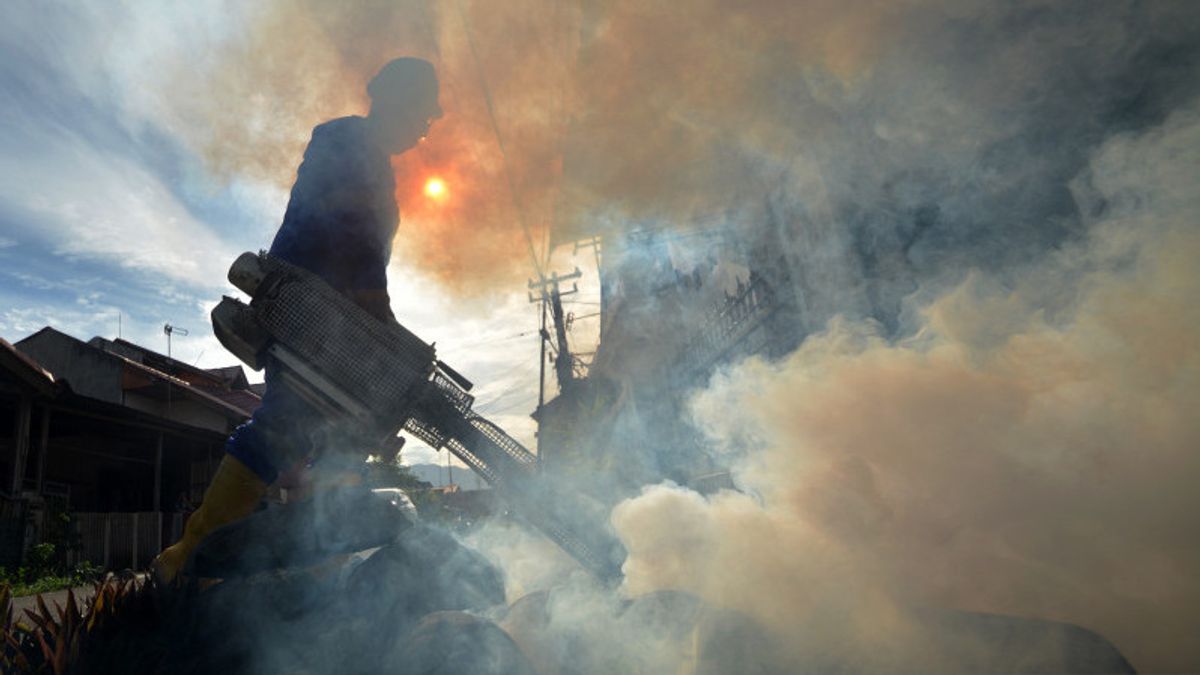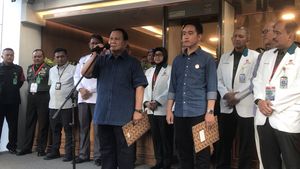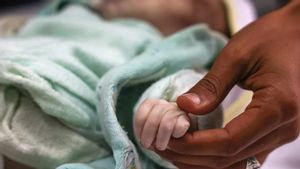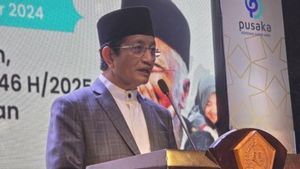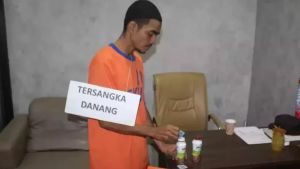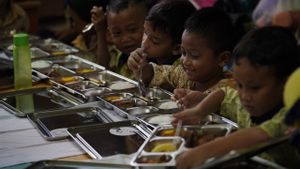JAKARTA - The West Jakarta Health Service (Sudinkes) said the 'Wolbachia' trial as a bacteria that can grow on mosquitoes to breed dengue viruses in the aedes aegypti body is waiting for a memorandum of agreement between the Ministry of Health (Kemenkes) and the Provincial Government (Pemprov) of DKI Jakarta.
"The signing of the 'Memorandum of Understanding' (MoU) between the Ministry of Health and City Hall (DKI)," said Head of the West Jakarta Health Sub-dept. Erizon Safari when contacted, Friday, October 27.
However, as an anticipatory measure, his party continues to prepare cadres in the context of the trial.
"Yes (prepared), so that if 'launching' can be better prepared," said Erizon.
Erizon said the city of West Jakarta was one of seven regions in Indonesia for the Wolbachia trial because it had a fairly high dengue fever (DHF). In addition, health workers who take part in training also have a good value.
"The Minister of Health directly appointed to be the first place to implement 'Wolbachia'," he said, quoted by Antara.
Erizon explained that Wolbachia has been proven in research and implementation in other cities, such as Yogyakarta which shows that mosquitoes infected with Wolbachia bacteria cannot transmit dengue hemorrhagic fever (DHF) viruses.
"If male aedes aegypti 'Wolbachia' mate with female then the dengue virus will be blocked," said Erizon.
VOIR éGALEMENT:
Previously, Erizon said that the initial phase of Wolbachia would be tested in Kembangan District, West Jakarta, as a place of application.
Erizon revealed that dengue cases in West Jakarta during January to August 2023 fluctuated, but tended to decline. "In January there were 132 cases, February (94), March (105), April (125), May (95), June (80), July (66) and August 39 cases," said Erizon.
The English, Chinese, Japanese, Arabic, and French versions are automatically generated by the AI. So there may still be inaccuracies in translating, please always see Indonesian as our main language. (system supported by DigitalSiber.id)
